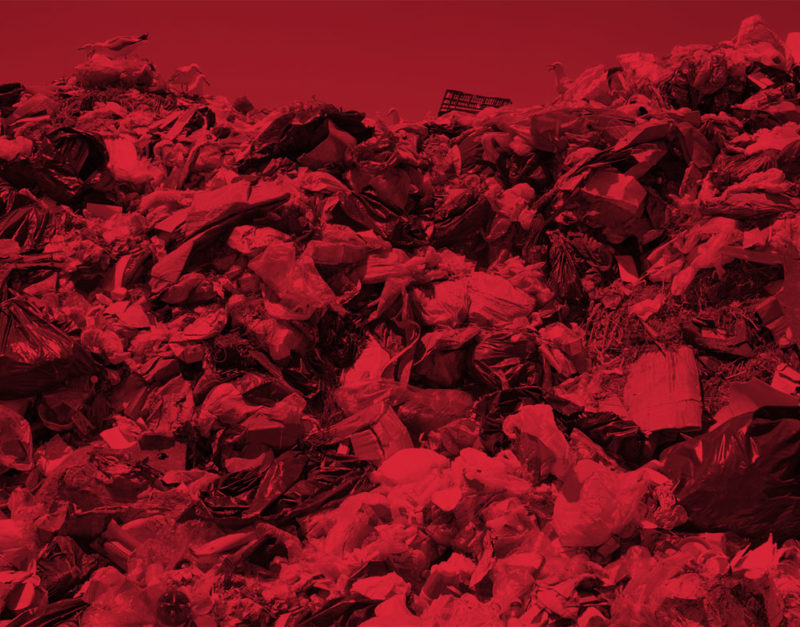 October 18, 2022
October 18, 2022 It can seem nearly impossible to avoid dangerous and toxic chemicals in our modern world. As industry works to increase production to meet consumer demands and minimize costs, they rely on chemicals, like forever chemicals, or PFAS, some of which cause serious health problems.
Here are five facts about PFAS you’ll want to know.
What are forever chemicals or PFAS?
One such group of chemicals, PFAS, has been widely used in nonstick cookware, cosmetics, food packaging, carpeting, and more. These chemicals, per- and polyfluoroalkyl substances, are man-made.
PFAS are a group of hundreds of different chemicals that contain carbon and fluorine bonds. This bond is one of the strongest chemical bonds, meaning that PFAS never break down in the environment. In fact, the EPA is unable to determine how long it might take for them to break down, even under ideal conditions.
Why are forever chemicals dangerous?
PFA exposure has been linked to decreased fertility in women, developmental delays in children, increased risk of cancer, depressed immune response, and even obesity and high cholesterol. Because of their smaller body weight and higher consumption of food and water per pound than adults, children are thought to be at greater risk of these health effects.
What are PFAS Used For?
Because PFAS don’t degrade when exposed to heat, water, or oil, they are used to create food packaging that doesn’t leak, such as you might find in fast food restaurants. They are also used to treat fabric fibers to create stain resistance and water repellence, such as in stain-resistant and water-repellant clothing and upholstery. Some PFAS are used in firefighting foam, hoses and O-rings in automobiles, lubricants for skis, and grout and caulking in commercial and residential construction.
How could I be exposed to forever chemicals?
Because PFAS never break down, these forever chemicals can be found in groundwater, soil, and air in addition to consumer and commercial products. Some of the contamination comes from industrial discharge. Other contamination comes from throwing materials that include PFAS in landfills, where they may leech into soil and groundwater or be released in the air through incineration of trash. Workers who manufacture items that use PFAS can be exposed daily.
Consumers are exposed when using the products that contain PFAS. It is in our food because our crops grow in soil that contains PFAS, our livestock drink water that is contaminated with PFAS, and our food may be packaged in PFAS-lined boxes. Even our infants are exposed through formula mixed with contaminated water or from breastfeeding.
How can you avoid forever chemicals?
You can work with your local environmental protection agency to see what your risk of PFAS exposure is based on where you live and the levels of PFAS that have been found in your local environment. Also follow the EPA’s action on these chemicals. National and local groups often offer public comment periods that will allow you to share your feelings about PFAS use and exposure with regulators.
How We Help Victims of Chemical Exposure
Seek justice with the help of our experienced lawyers. Our Dallas, Texas, law firm has battled corporate giants on behalf of individuals like you for 20 years, aggressively fighting to hold them responsible for dangerous chemicals and the birth defects and personal injuries they cause. If you have a child with birth defects caused by dangerous products, we can help.


